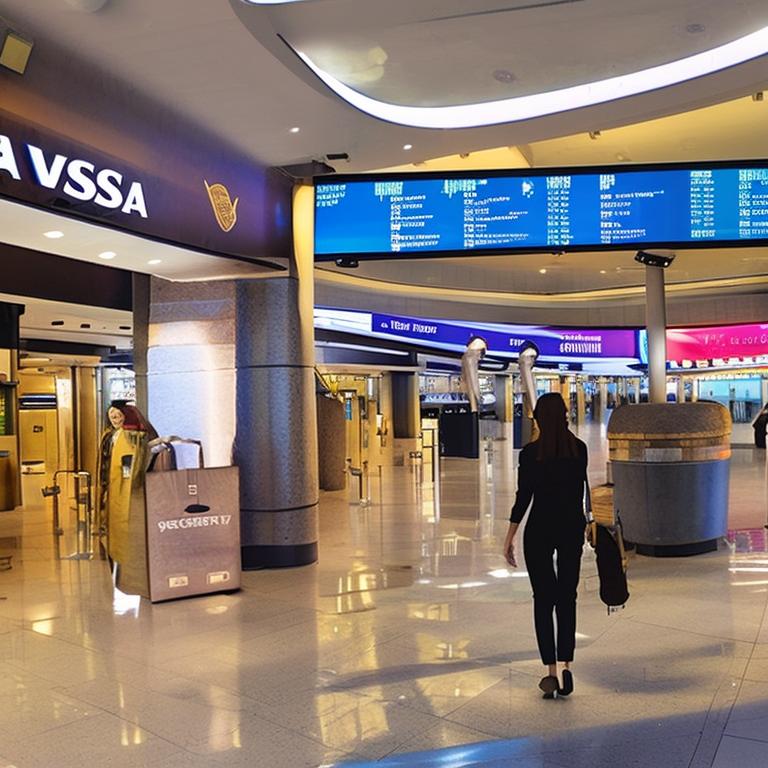Flight Booking and Itinerary Planning
When it comes to international travel, one of the first steps is booking your flights and planning your itinerary. This process can seem overwhelming at first, but with careful research and organization, you can ensure a smooth and enjoyable trip. Start by researching different airlines that operate flights to your destination. Compare prices, flight durations, and amenities offered to find the best option that fits your budget and preferences. Booking your flights well in advance can often result in lower prices and a wider selection of available seats. Once you have selected your flights, it is essential to plan your itinerary accordingly. Consider factors such as layover times, airport transfers, and local transportation options at your destination. Create a detailed schedule that includes your flight times, accommodation details, and any planned activities or excursions. When booking your flights, pay attention to the baggage allowance and any additional fees that may apply. Some airlines charge extra for checked baggage, seat selection, and in-flight meals, so be sure to factor these costs into your budget. Additionally, consider joining frequent flyer programs or using travel rewards credit cards to earn points and discounts on future flights. To streamline your itinerary planning, consider using online tools and apps that can help you organize your travel details, store important documents, and receive real-time flight updates. These resources can save you time and stress during your trip, allowing you to focus on enjoying your travel experience. By carefully booking your flights and planning your itinerary in advance, you can set the foundation for a successful and memorable international trip. Remember to stay flexible and adaptable, as unexpected changes may arise during your travels. With proper preparation and a positive attitude, you can navigate the complexities of international travel with ease.
Understanding Airline Fees and Ticket Booking
When booking flights for your international trip, it is essential to understand the various airline fees and charges that may apply. By familiarizing yourself with these fees and knowing how to navigate the ticket booking process, you can avoid unexpected costs and make informed decisions. One common fee that airlines often charge is for checked baggage. Most airlines have specific weight and size restrictions for checked luggage, and exceeding these limits can result in additional fees. To avoid extra charges, pack efficiently and consider traveling with only carry-on luggage when possible. Another fee to be aware of is the cost of seat selection. Some airlines charge passengers to choose their seats in advance, especially for preferred seating options such as extra legroom or seats with a better view. If seat selection is important to you, factor this cost into your overall travel budget. In-flight amenities such as meals, entertainment, and Wi-Fi may also come at an additional cost on some airlines. Before booking your flight, check the airline's policies regarding these amenities and decide whether you are willing to pay for them or prefer to bring your own snacks and entertainment. It is important to read the fine print when booking your tickets to understand any cancellation or change fees that may apply. Circumstances may arise that require you to modify your travel plans, and knowing the airline's policies in advance can help you avoid hefty penalties. When comparing ticket prices, consider the total cost of the flight including all fees and charges. Sometimes a slightly higher-priced ticket with more inclusive amenities may be a better value than a cheaper ticket with numerous add-on fees. By educating yourself about airline fees and charges, you can make informed decisions when booking your flights and avoid surprises during your travels. Remember to read the terms and conditions carefully, ask questions if you are unsure about any fees, and plan ahead to minimize extra costs.
